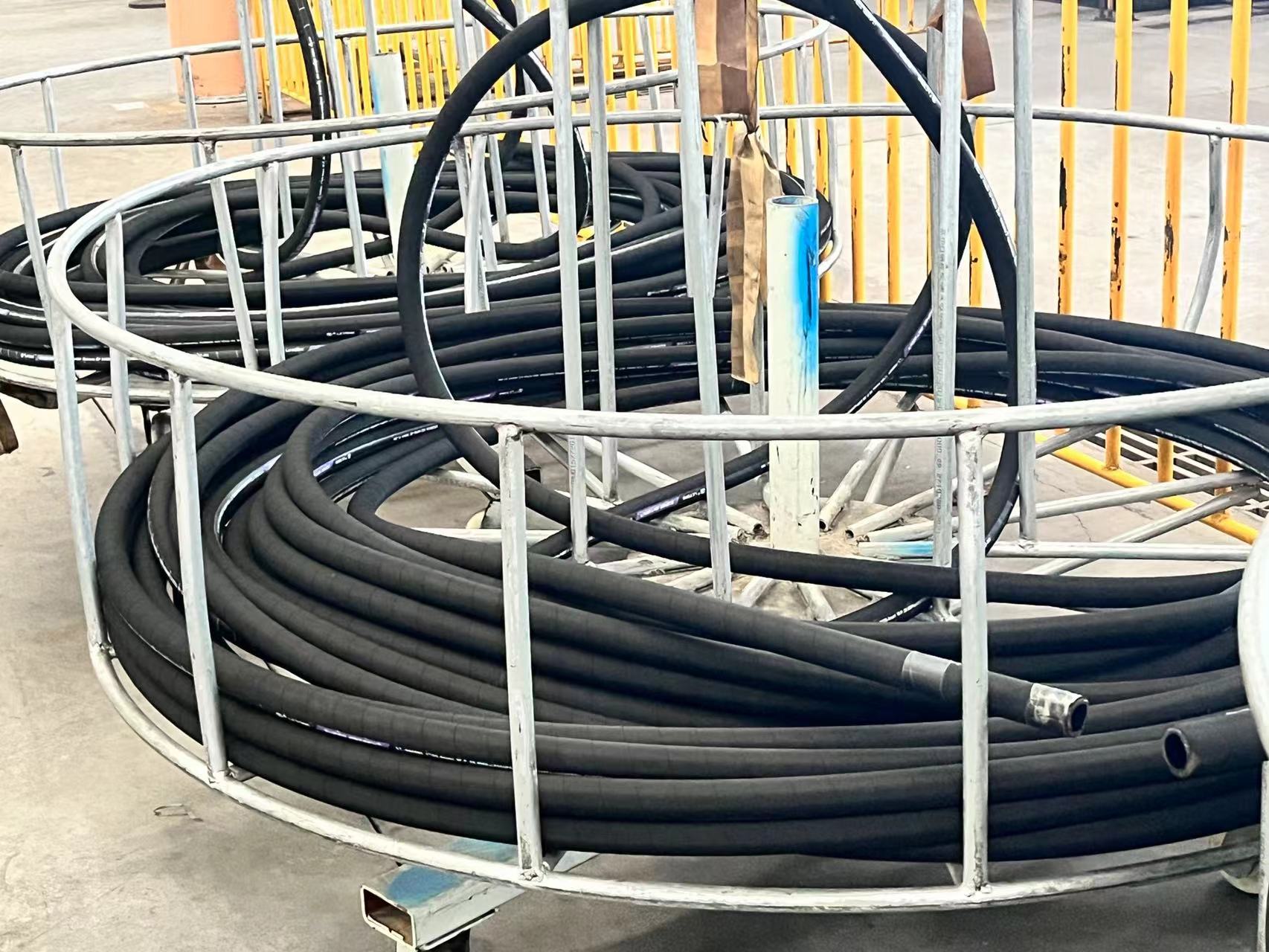The Role and Principles of High-Pressure Fuel Hose
2023-05-23 08:22:48
The high-pressure fuel hose plays a crucial role in the fuel system of a diesel engine. It is responsible for delivering pressurized fuel from the high-pressure fuel pump to the fuel injectors. This article will explore the significance and operating principles of the high-pressure fuel hose.
The Role of the High-Pressure Fuel hose
The high-pressure fuel hose acts as a conduit for transporting pressurized fuel to the fuel injectors. Its primary function is to maintain a steady flow of fuel at the required pressure to ensure accurate fuel injection. By providing a controlled supply of pressurized fuel, the high-pressure fuel hose enables efficient combustion within the engine cylinders.
Operating Principles of the High-Pressure Fuel hose
The high-pressure fuel hose operates based on the principles of hydraulic pressure. The fuel is pressurized by the high-pressure fuel pump and delivered to the fuel hose. The fuel hose is connected to the fuel injectors, which are electronically controlled to open and close at precise timings. This controlled opening and closing of the injectors enable accurate fuel injection into the combustion chambers. The high-pressure fuel hose ensures the stability and accuracy of fuel supply, thereby facilitating the engine's optimal performance.
Importance of the High-Pressure Fuel hose
The high-pressure fuel hose plays a critical role in ensuring efficient fuel delivery and engine performance. It enables precise fuel injection, promoting thorough combustion and power output. A high-quality fuel hose ensures accurate fuel delivery, minimizing fuel wastage and emissions. Therefore, the high-pressure fuel hose is instrumental in enhancing engine efficiency, reducing fuel consumption, and lowering environmental impact.